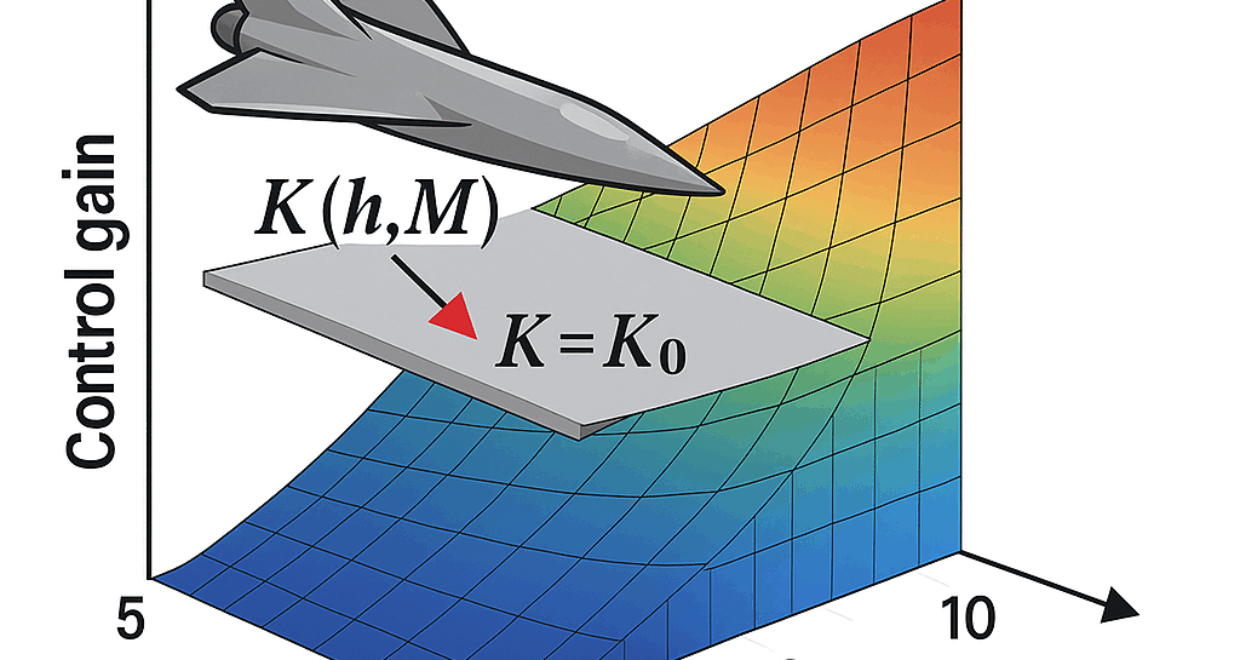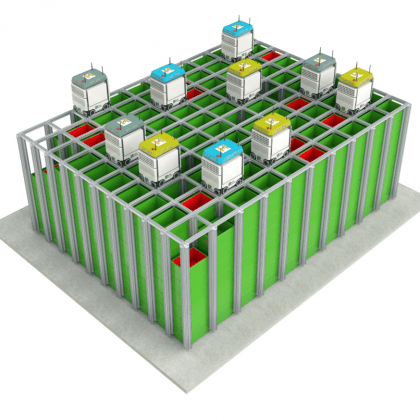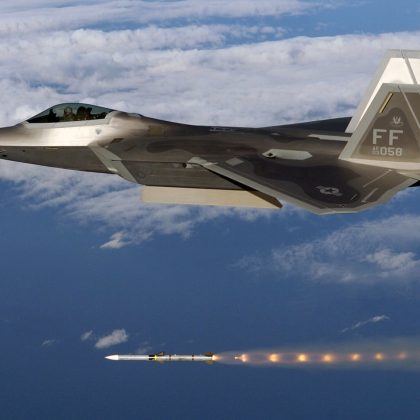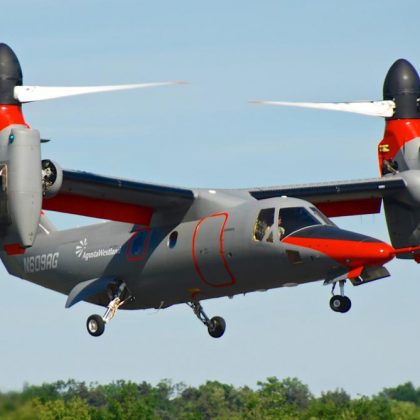Adaptive Control for Hypersonic Vehicles: An Automatic Gain Scheduling Approach Using the Guardian Map
The Aeronautical Journal August 2025 Vol 129 No 1338
Hypersonic flight vehicles, capable of flying above Mach 5, represent a key breakthrough for the future aerospace industry. They promise transformative applications in ultra-fast transport, space access, and national defence. To fulfil real-time mission requirements, these aircraft must operate across a broad range of altitudes and velocities, making the flight control a challenge. Moreover, intense aerodynamic heating, rapidly changing air densities, and structural flexibilities lead to substantial variations in the vehicle’s dynamic characteristics, making it extremely difficult for a single controller to maintain satisfactory performance across all operating conditions.
Consequently, there is an urgent need for an automatic gain-scheduling strategy for hypersonic vehicles. Traditional gain scheduling methods – especially those based on linearisation around fixed operating points – struggle to accommodate the strong nonlinearities and rapid dynamic variations inherent in hypersonic flight. In addition, they often rely on manual tuning at discrete points, and cannot guarantee consistent performance across the entire flight envelope.
In the paper Adaptive Gain-Scheduling Control for Hypersonic Flight Vehicles Across Wide Envelopes Based on Guardian Map, the authors present an advanced adaptive gain-scheduling algorithm specifically developed to address these challenges. The framework integrates ActiveDisturbance Rejection Control (ADRC) with a Guardian Map (GM)-based gain scheduling method, built upon a Linear Parameter-Varying (LPV) model derived using the gap metric.
To construct this LPV model, the authors develop a gap-metric-based Nominal Point Selection (NPS) algorithm that systematically partitions the flight envelope – defined by Mach number and altitude – and selects representative equilibrium points. This approach enhances model accuracy and avoids the redundancy associated with conventional Jacobian linearisation. The Guardian Map, a powerful tool for analysing generalised stability, is then used to automate the tuning of control gains over the parameter space, ensuring generalised closed-loop stability across the full envelope. This automatic extension significantly improves robustness and adaptability compared with conventional gain scheduling methods, which often require manual tuning, making them less efficient and less robust in complex operational conditions.
The resulting controller not only meets robust stability criteria but also delivers excellent performance across various flight conditions, including step commands, powered ascent, and disturbances such as aerodynamic uncertainty and wind gusts. Most notably, the method constructs a fully automated gain scheduling surface over the Mach-altitude domain, eliminating the need for manual tuning at discrete operating points. This makes it a practical and scalable solution for hypersonic flight control systems, particularly for autonomous vehicles operating in uncertain, high-speed environments.
The paper Adaptive gain-scheduling control for hypersonic flight vehicles across wide envelopes based on Guardian map by T.Y. Zhang, M.W. Sun, Z.Q. Chen and Y.S. Wang appears in Volume 129 Issue 1338 of The Aeronautical Journal and is freely available for one month.
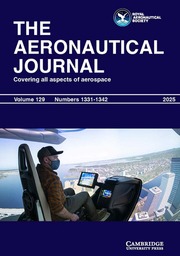
The Aeronautical Journal has, for over a century, been the UK’s leading scientific and technical aeronautics Journal and is the world’s oldest Aerospace Journal that remains in production. Published monthly, The Aeronautical Journal draws upon the expertise and resources of The Royal Aeronautical Society providing a world-wide forum for authors from the UK and overseas. Research papers are solicited on all aspects of research, design and development, construction and operation of aircraft and space vehicles. Papers are also welcomed which review, comprehensively, the results of recent research developments in any of the above topics.
The Royal Aeronautical Society is the world’s only professional body dedicated to the entire aerospace community. Established in 1866 to further the art, science and engineering of aeronautics, the Society has been at the forefront of developments ever since.
www.aerosociety.com | National Aerospace Library catalogue & e-books
Book reviews covering academic, scientific and technical books covering aeronautical engineering and topics relating to it can be found here: www.aerosociety.com/news-expertise/national-aerospace-library/book-reviews
The Aeronautical Journal has, for over a century, been the UK’s leading scientific and technical aeronautics Journal and is the world’s oldest Aerospace Journal that remains in production. Published monthly, The Aeronautical Journal draws upon the expertise and resources of The Royal Aeronautical Society providing a world-wide forum for authors from the UK and overseas. Research papers are solicited on all aspects of research, design and development, construction and operation of aircraft and space vehicles. Papers are also welcomed which review, comprehensively, the results of recent research developments in any of the above topics.
